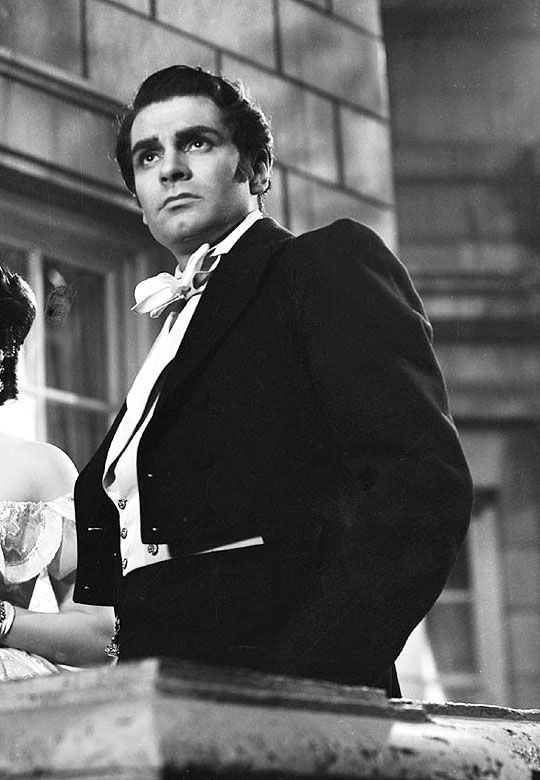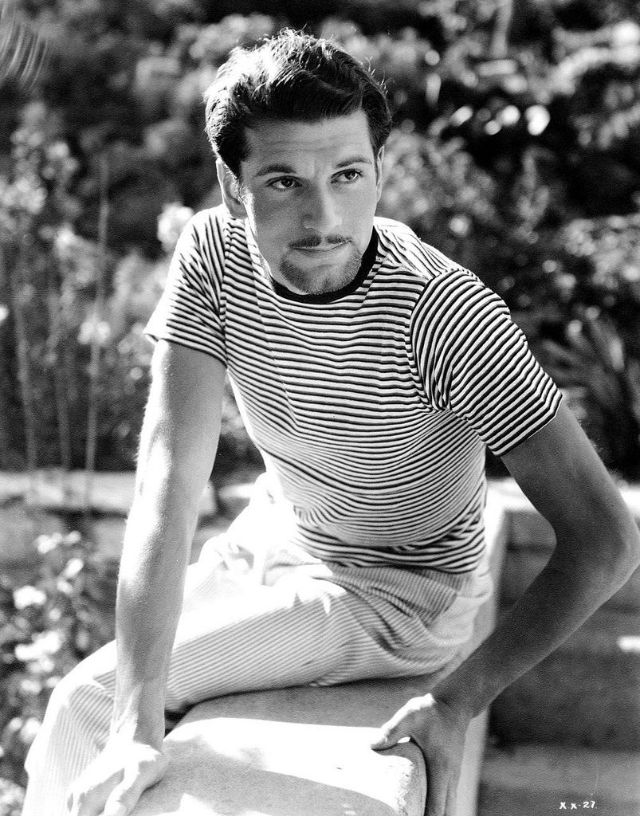Exploring The Life And Legacy Of Lawrence Olivier: A Gay Icon?
Lawrence Olivier, a name synonymous with theatrical brilliance and cinematic excellence, has left an indelible mark on the world of performing arts. His career spanned several decades, and he was celebrated for his versatility as an actor, director, and producer. As a man who navigated the complexities of fame and personal identity, questions surrounding his sexuality have sparked curiosity and debate among fans and historians alike. Was Lawrence Olivier gay, or were these speculations merely the product of a bygone era's intrigue?
In a time when societal norms were rigidly defined, Olivier's personal life was anything but conventional. His relationships, both on and off-screen, have led to numerous conjectures regarding his sexual orientation. The intersection of his public persona and private life raises questions about the challenges he faced as a prominent figure in a conservative society. This article aims to delve into the life of Lawrence Olivier, exploring his career, relationships, and the implications of his sexuality in the context of his time. Could it be that the complexities of his identity shaped not only his roles but also his contributions to the arts?
As we journey through Olivier's life, we will examine the various elements that contributed to his legacy, including his groundbreaking performances, his influence on theater and film, and the whispers of his sexual orientation. Understanding the man behind the legend is crucial in appreciating the impact he had on both his contemporaries and future generations. Join us as we uncover the story of Lawrence Olivier, an artist whose life continues to be a subject of fascination and discussion.
What Was the Early Life of Lawrence Olivier Like?
Born on May 22, 1907, in Dorking, Surrey, England, Sir Laurence Olivier was the son of a vicar. He was raised in a religious household, which instilled in him a strong sense of discipline and work ethic. Olivier attended several schools, where he developed a passion for acting, eventually studying at the Central School of Speech and Drama in London. His early years laid the foundation for a career that would redefine acting in the 20th century.
What Were Some Notable Achievements in His Career?
Olivier's career was marked by numerous accolades, including:
- Academy Award for Best Actor for "Hamlet" (1948)
- Multiple Olivier Awards recognizing his contributions to theater
- BAFTA Awards for various performances
- Knighthood in 1970 for his services to drama
His work in both film and theater was revolutionary, as he brought Shakespearean works to the mainstream and set a new standard for acting. Olivier's ability to embody complex characters made him a sought-after actor in both stage and screen productions.
Did Lawrence Olivier Have Any Significant Relationships?
Olivier’s personal life was marked by high-profile relationships, including his marriage to actress Jill Esmond, with whom he had a son, and later, his infamous romance with actress Vivien Leigh. Their tumultuous relationship was both passionate and fraught with difficulties, largely due to Leigh's struggles with mental health. After their divorce, Olivier married actress Joan Plowright, with whom he remained until his death.
Was Lawrence Olivier Gay or Bisexual?
The question of Olivier's sexuality has been a topic of speculation for many years. While he was married three times, there were rumors of same-sex relationships and affairs. Some biographers have suggested that Olivier may have had romantic encounters with men, leading to debates about whether he identified as gay or bisexual. However, definitive evidence remains elusive, leaving this aspect of his life open to interpretation.
How Did Society View Lawrence Olivier's Sexuality?
During Olivier's lifetime, societal views on homosexuality were largely negative, especially in the early to mid-20th century. The stigma surrounding same-sex relationships meant that many public figures, including Olivier, often felt compelled to keep their private lives hidden. As a result, discussions about his sexuality were often shrouded in secrecy and speculation. The impact of societal norms on his personal relationships is a compelling aspect of his story.
What Legacy Did Lawrence Olivier Leave Behind?
Olivier's influence on theater and film is undeniable. He not only elevated the craft of acting but also paved the way for future generations of actors to explore complex characters and narratives. His performances continue to inspire and educate actors and filmmakers alike. The ambiguity surrounding his sexuality adds another layer to his legacy, prompting discussions about the intersection of art, identity, and societal expectations. Olivier's contributions to the arts remain celebrated, and his life story serves as a reminder of the complexities inherent in both personal and public identities.
How Can We Understand Lawrence Olivier's Impact Today?
Today, Lawrence Olivier is remembered not only for his artistic achievements but also for the conversations he has sparked regarding sexuality and identity in the arts. By examining his life, we can gain insights into the struggles faced by artists who lived in a time of repression and societal constraints. Olivier's legacy encourages a broader understanding of the importance of authenticity and self-expression in the creative world.
What Lessons Can We Learn from Lawrence Olivier’s Life?
As we reflect on the life of Lawrence Olivier, we can draw several lessons that resonate in today's society:
- The importance of authenticity: Embracing one's true identity is crucial for personal fulfillment.
- The impact of societal norms: Understanding the historical context of an individual's life can lead to a deeper appreciation of their challenges.
- The power of storytelling: Olivier's ability to convey complex emotions through his performances highlights the transformative nature of art.
- Advocacy for acceptance: Olivier's life reminds us of the importance of fostering a more inclusive society for all, regardless of sexual orientation.
In Conclusion, Was Lawrence Olivier Gay?
The inquiry into whether Lawrence Olivier was gay is one that may never be definitively answered. Nevertheless, his life and career offer a rich tapestry of artistic achievement and personal struggle. As we celebrate his legacy, it is essential to recognize the complexities of his identity and the societal challenges he navigated. Lawrence Olivier remains a pivotal figure in the arts, inspiring generations of performers while inviting ongoing discussions about the nature of identity, love, and acceptance.
Exploring The Life Of Joaquin Buckley And His Wife
Unveiling The Charm Of David Janssen On Johnny Carson
Unveiling Jesse Belle Denver's Age: A Journey Through Time



